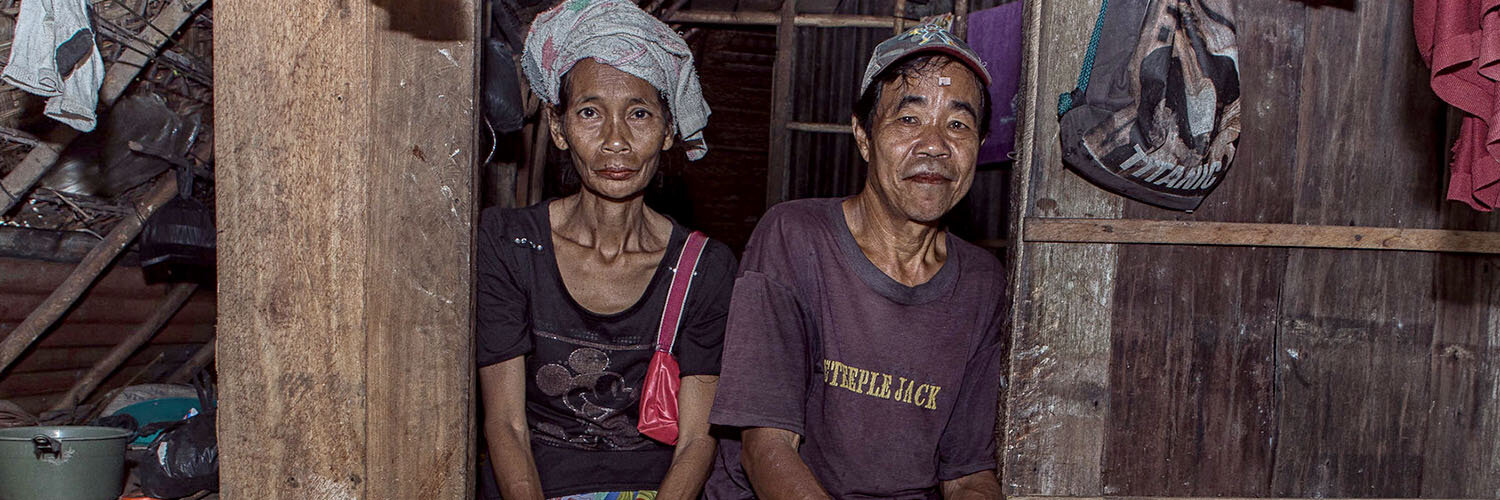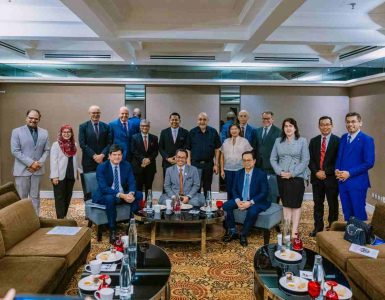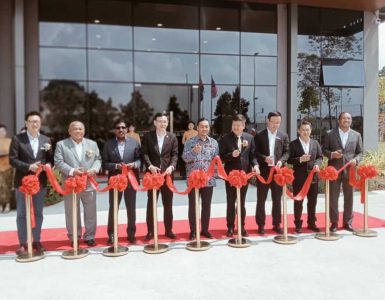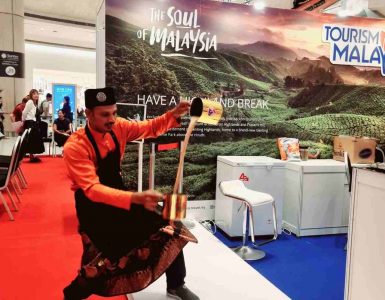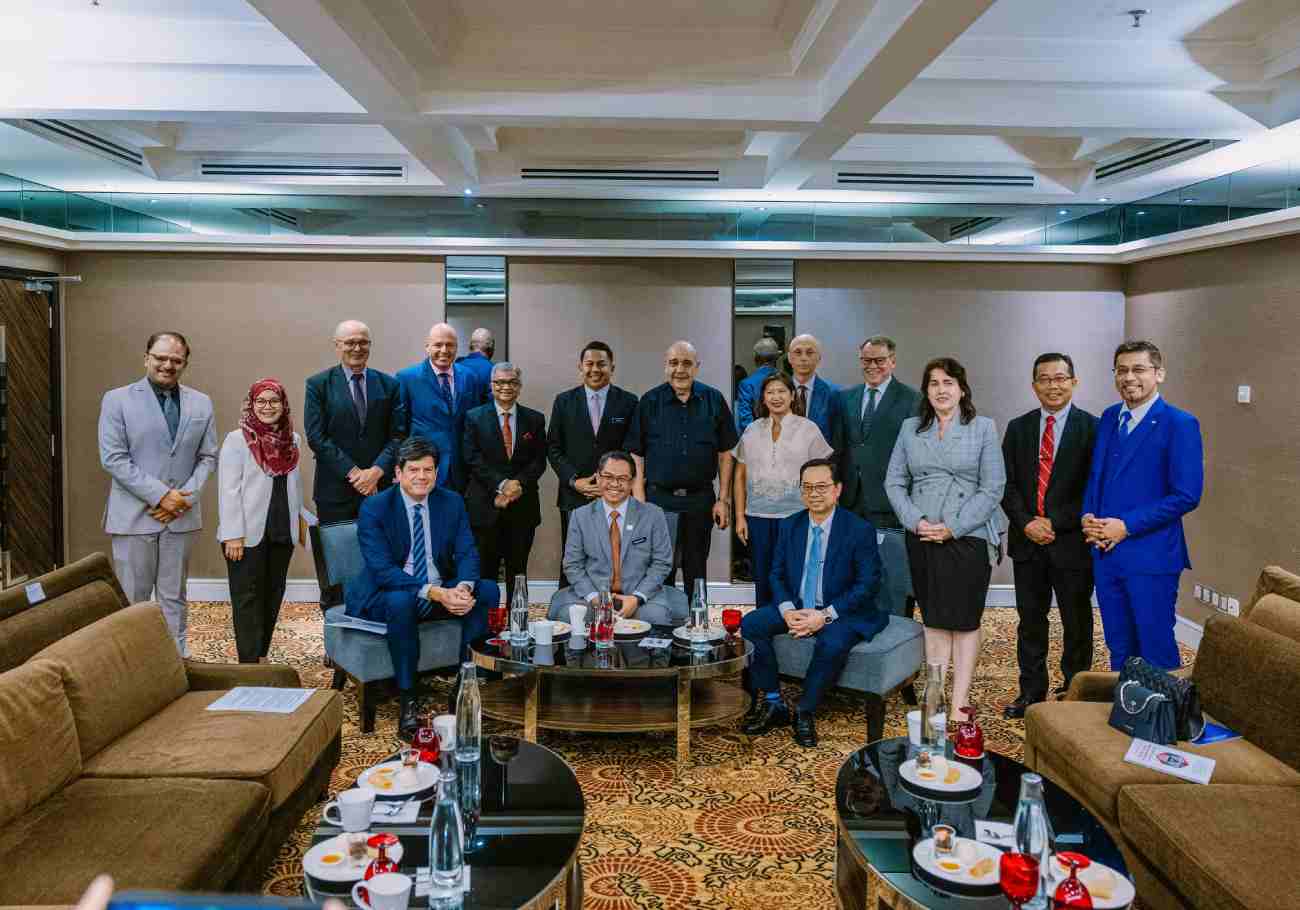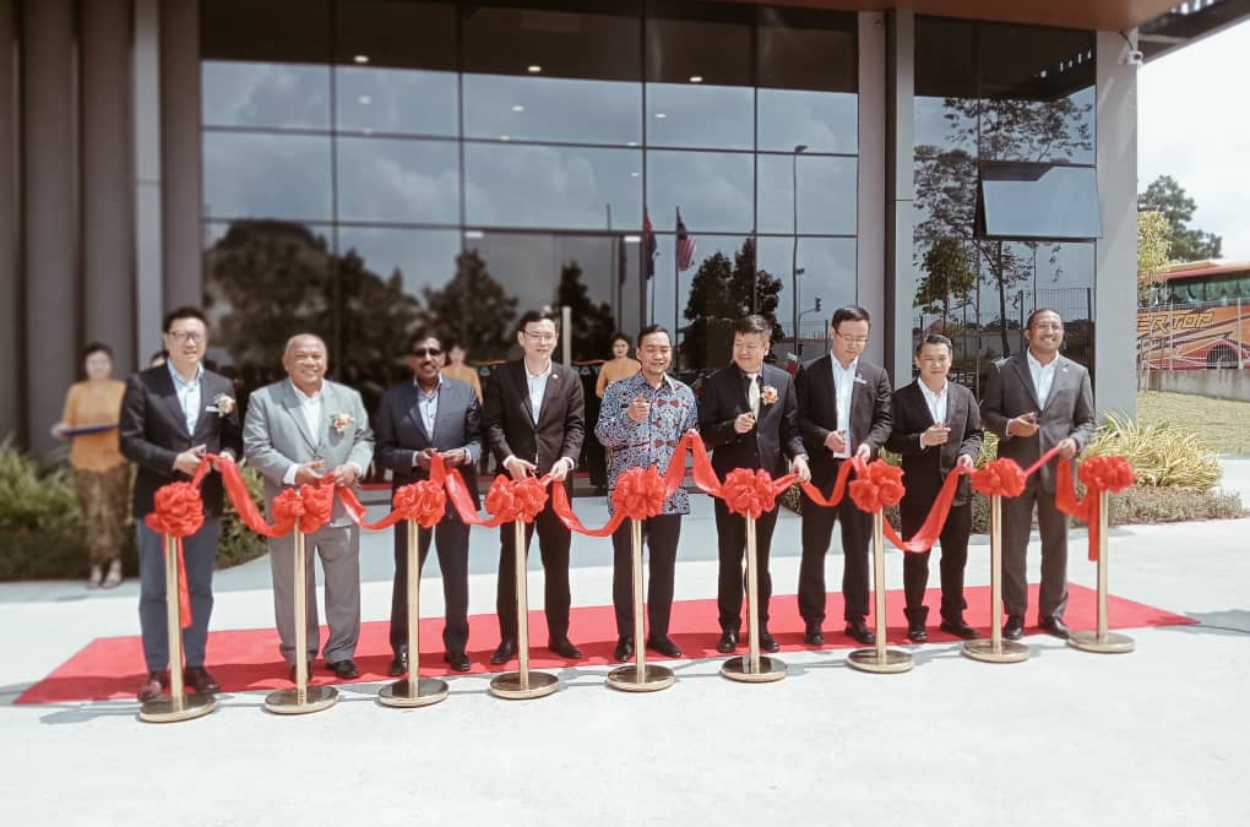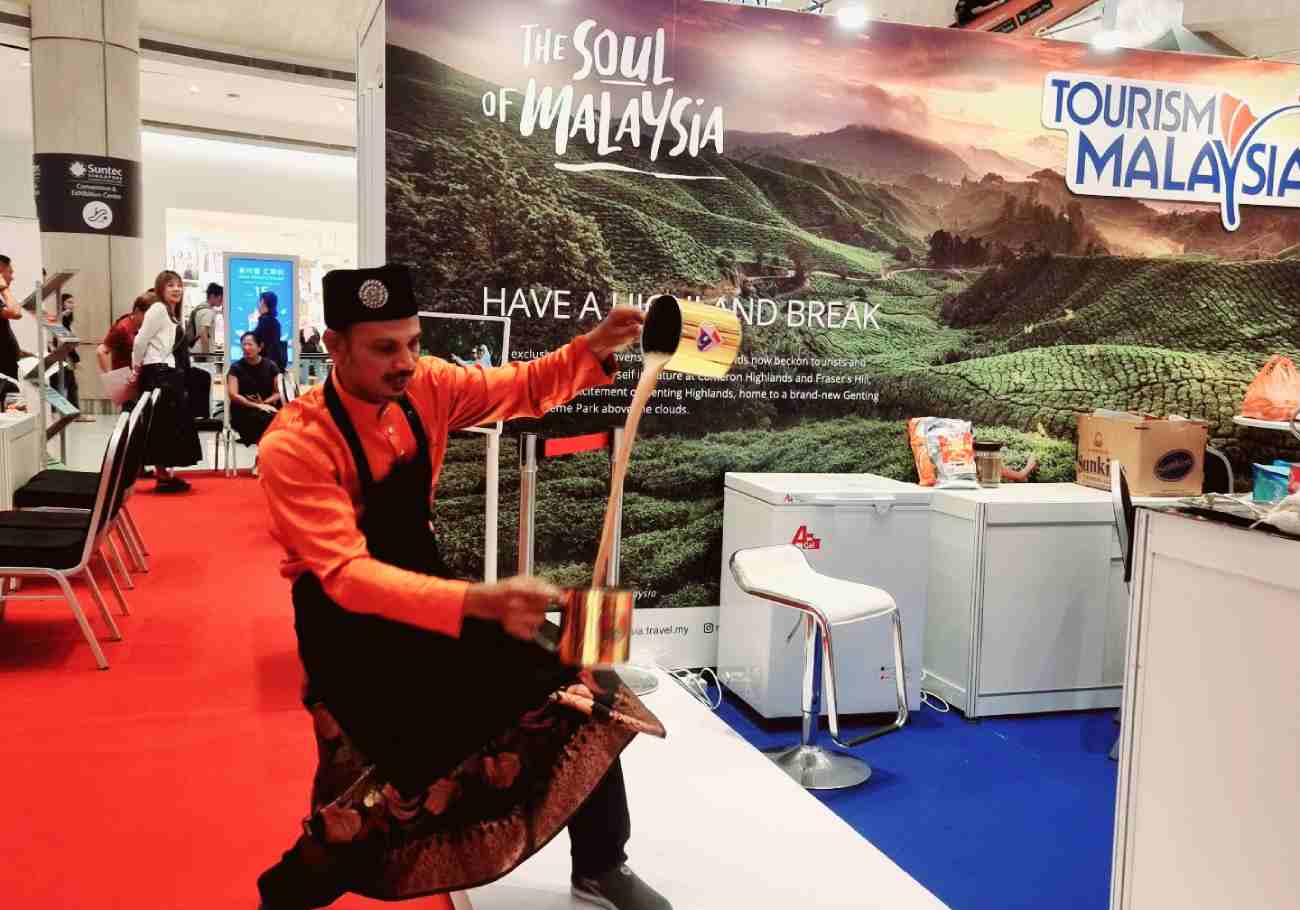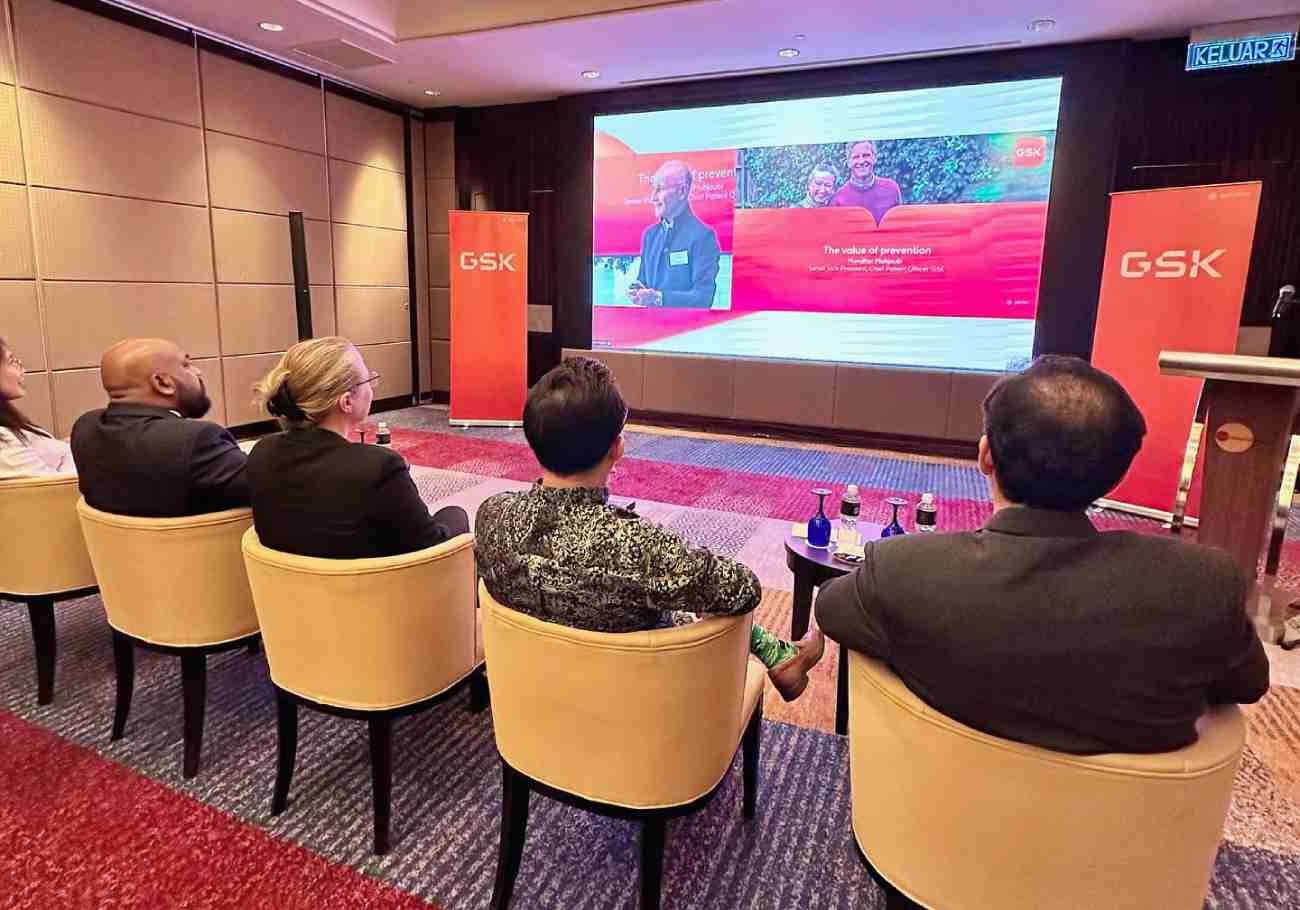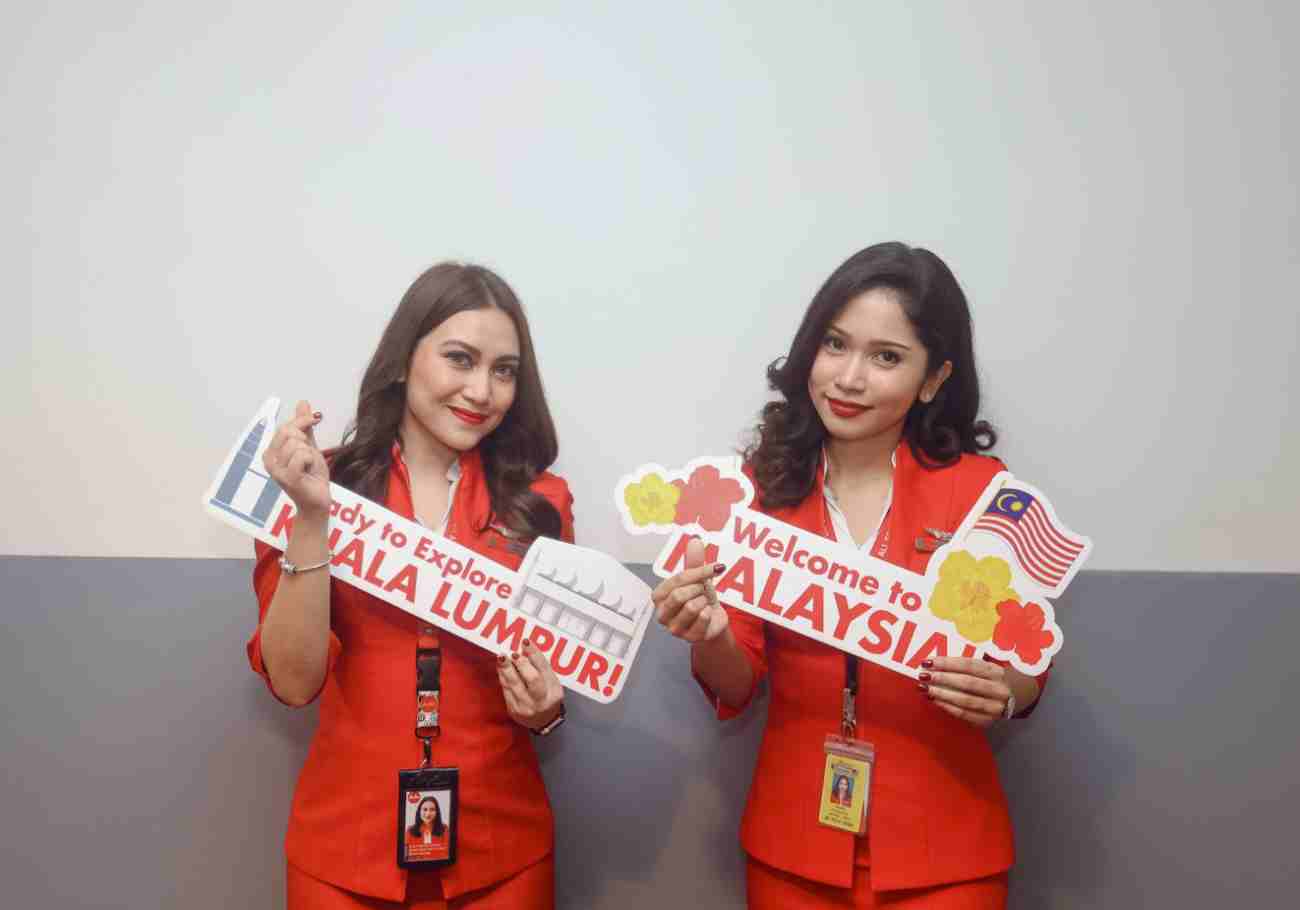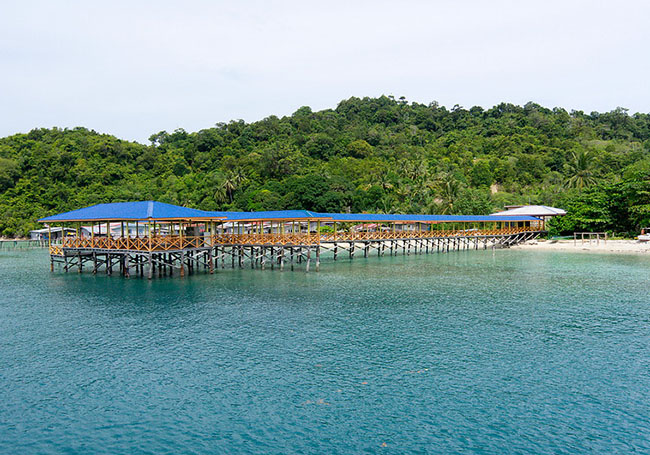
If you visit Kudat, located at the very tip of Borneo Island, you will have a chance to meet one of the minor ethnic groups of Sabah – Bonggi.
The Bonggis live in the islands of Banggi or Banghi and Balambangan, which lie in northern Kudat.
Pulau Banggi is also home to the Ubians, Kegayan, Balabak, Bajau Laut and Suluk.
The Kudat locals typically recognise them as Banggi or Dusun Banggi, and they speak their native Bonggi language, which is distantly related to the Molbog language in the Philippines.
However, some locals don’t like the sound “Banggi” because it means corpse in their dialect, and they altered the pronunciation into Bongi.
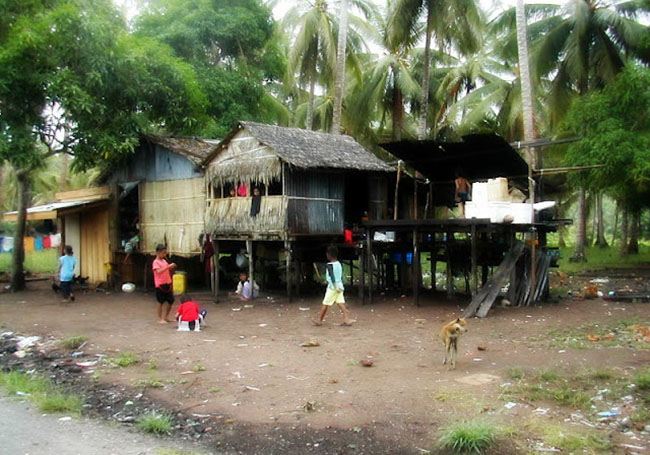
According to local folklore, the island’s earliest inhabitants do not bury their dead. Instead, they would leave them to decompose and only bury the bones.
Hence, the name Banggi came about.
In his thesis Aspect in Bonggi, Michael Boutin wrote that the Bonggi people are indigenous to the island and claim to have always been there.
However, unlike other Bornean people groups, they have no history of longhouses, headhunting, or drinking of “Tapai”.
The Bonggi belief system
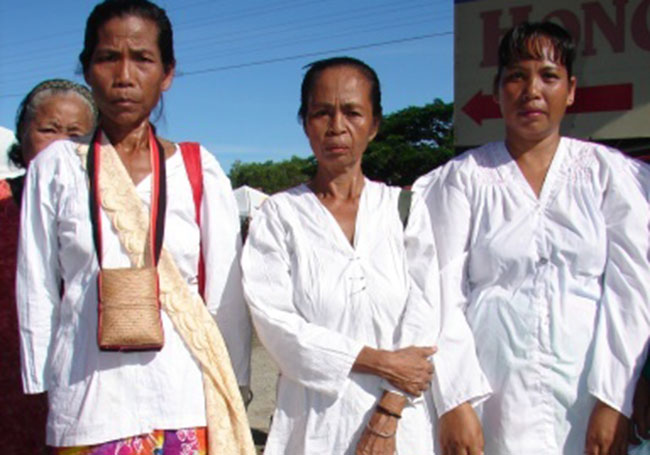
Apart from a tiny percentage of these 2,000 people who are Christians, the rest are animist and has resisted religious beliefs, which they see as a threat to their customary laws.
Animistic beliefs and various superstitions influence the majority of the Bonggi. They resist other religious beliefs, which they see as foreign to their customary laws.
Many Bonggi customs derive from their understanding of the spirit world.
An example is if a Bonggi can obtain strands of someone’s hair, or a tooth, or used tobacco or dirt from a footprint, and bring it to ”an evil rock spirit”, then the evil spirit will have the power to make that person sick.
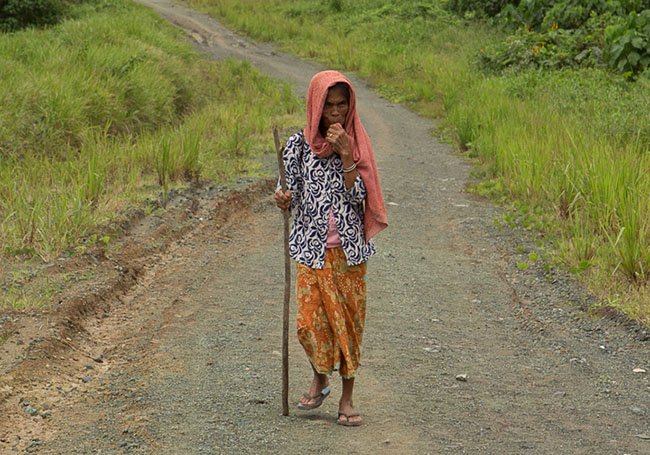
They strictly adhere to their beliefs, such as any red food is a common taboo, and one should not eat it if they are sick.
Therefore, people in the community should not serve foods such as crabs, papaya, red chilli, and watermelon to a person with such an illness.
The Bonggi also believe babies and small children should wear amulets to protect them against evil spirits.
The livelihood and the poverty
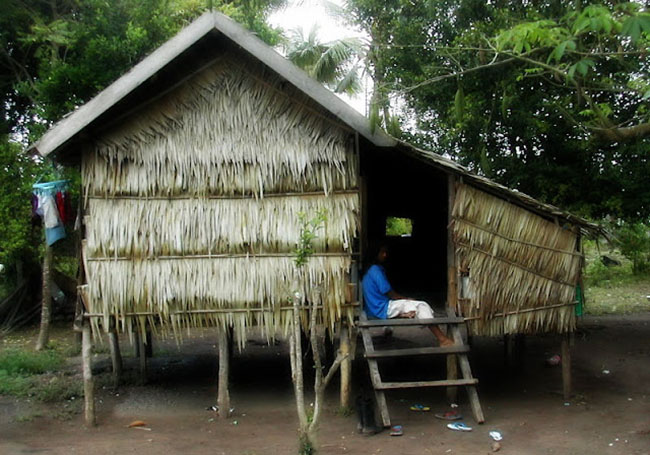
The population of Bonggi people is no more than 2,000, and most are farmers or fishermen. They use hook and line, small nets, poison, and spears for fishing.
They are only small-scale producers depending on simple technology and plant cassava, maise, banana, papaya, sugarcane, tobacco, tuba, and sweet potatoes.
Coconut farming is their primary source of cash income.
Bonggi communities consist of scattered homesteads with no unifying social centres. Much of the Bonggis chew betel nut, which has become a part of their identity; sharing betel ingredients gives them a chance to interact.
A village ‘headman’ settles disputes and legal issues and helps communicate to the government on behalf of the village people.
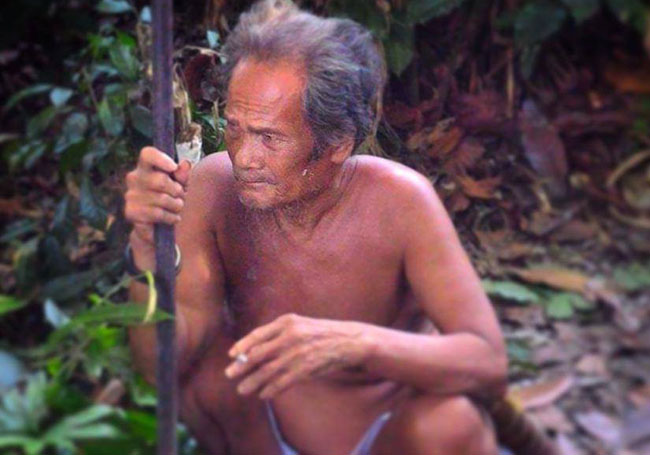
Intermarriages are allowed but not favoured; on the other hand, they are allowed to marry their first cousin.
The Bonggis are among the poorest people in Malaysia.
It is normal to see their house standing with rooftops made of Nipah and floors made of bamboo. The houses do not have any walls.
The study by Dr Paul Porodong (et al.) reveals that the average income of the Bonggis was only RM 300 per month.
Furthermore, among the different people groups living on the island, the Bonggi are at the bottom economically.
A government-appointed village headman mainly settles disputes and helps communicate on behalf of the Bonggi community.
The Bonggis are a very calm and non-violent group that prefers to walk away from confrontations.


